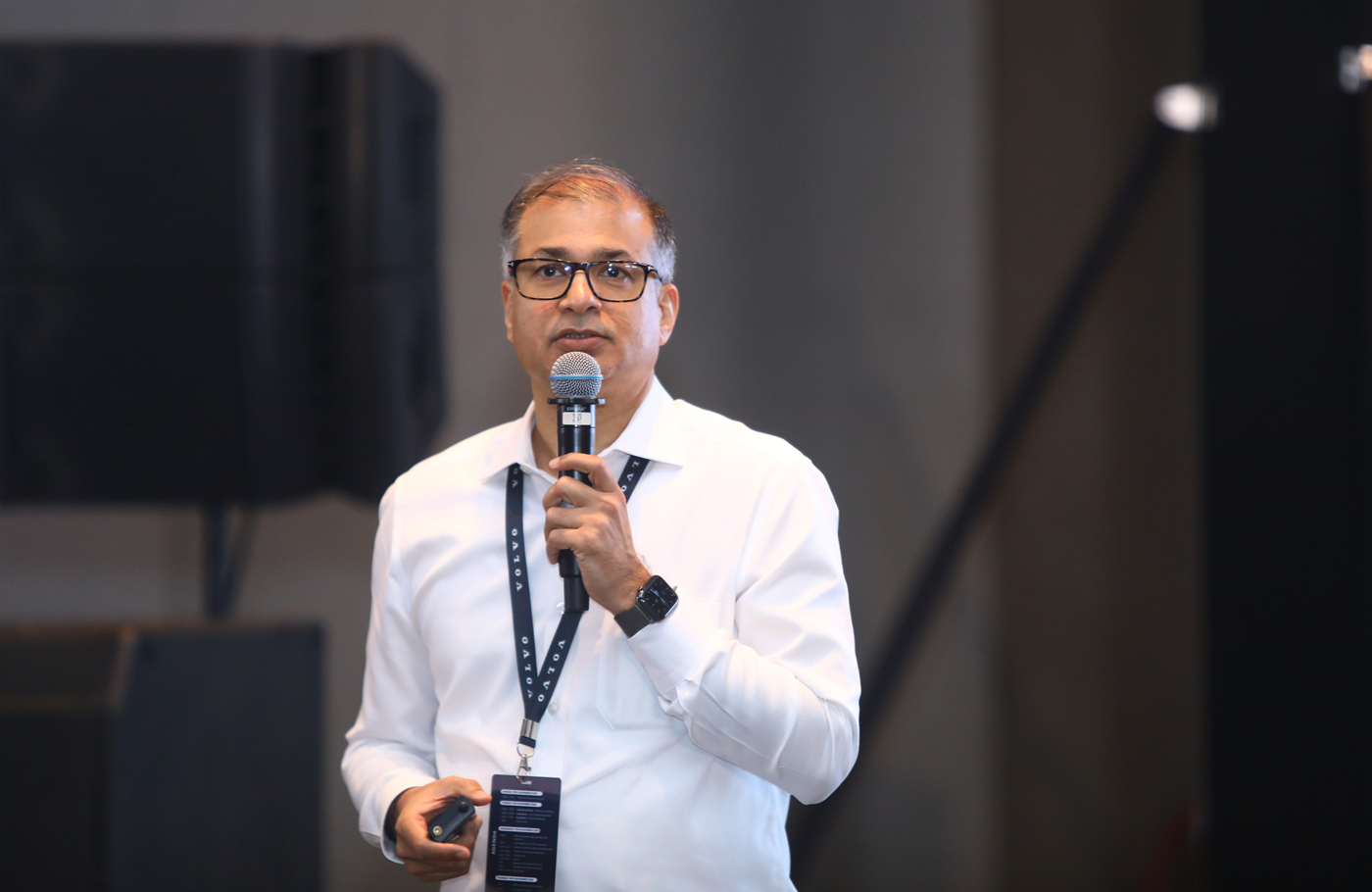“As soon as the market is ready, we are ready”
“As soon as the market is ready, we are ready”
When will Volvo introduce electric buses in South Africa? And what role will Volvo Buses play in shaping the future of urban mobility and smart cities? These were just two of the questions CHARLEEN CLARKE posed to Manish Sahi, vice president – Middle East, Africa and CIS at Volvo Bus Corporation, in this exclusive interview.
Sahi was, of course, one of the members of the management team that hosted Volvo’s world launch of the BZR Electric, its global platform for city, intercity, and commuter operations. In between listening to presentations and test driving the company’s vehicles, we sat down with him for an intriguing face-to-face.
Which markets are you responsible for and which are the biggest?
I am responsible for all the bus business in the MEAC region (Middle East, Africa, Israel, and CIS countries, as well as India). The size of the market depends on which cities are buying buses at that particular time; it’s highly dependent on tenders. At one stage, it was the UAE, but the most stable markets are currently Morocco, Egypt, and South Africa.
Which markets in your region are showing the most growth, and how do they compare?
For us, in 2023, it would be South Africa and Morocco. The coach volume really grew in South Africa last year. Operators didn’t buy during Covid, but now they’re renewing their fleets. The two markets are similar on the coach side of the business (you have the private operators running coaches), although Morocco has been faster when it comes to the city tenders.
What specific challenges and opportunities are there within the Middle East, Africa, and CIS regions when it comes to public transport?
If you look at the markets in which we operate, we have Euro 2 to 6 and electric – so, we’re talking a complete range of markets, with very different needs and regulations. Each country, each city is very different, so it’s very difficult to compare. All the markets in which we operate need to modernise their city operations in order to satisfy their customers; resources are a challenge, as is implementing the tenders, but the potential is tremendous.
What is your current market share in South Africa and how do you plan to grow it?
We are the coach market leaders in South Africa: one of the key things is that the customers like the products we’re offering. They’re efficient and reliable. Customers constantly tell us that the Volvo products are the best in the market, and our customer base is growing after Covid. We are seeing some realignment of market players and we will grow along with our operators.
When will you launch electric buses in South Africa?
As soon as the market is ready, we are ready for the market; we have the products. We have the low floor, low entry products and we will be able to offer the full product range. We are in discussions with various partners and the time frame will depend on when the market is ready for these vehicles.
Has it been useful to observe the introduction of Volvo’s electric trucks in South Africa – and perhaps learn from that? What challenges have Volvo and operators faced? Will those challenges apply to the introduction of electric buses too?
I can’t comment specifically on South Africa. However, as buses, we have led the e-mobility journey within the Volvo group. With an electric bus, you need multiple stakeholders to come together to implement the systems. It’s much more complex than introducing vehicles with internal combustion engines, so people need to come together and work together. Even in some of the most efficient cities, there are complexities when it comes to charging infrastructure – charging 200 buses overnight in a depot is complex, so for instance, a new substation may be required.
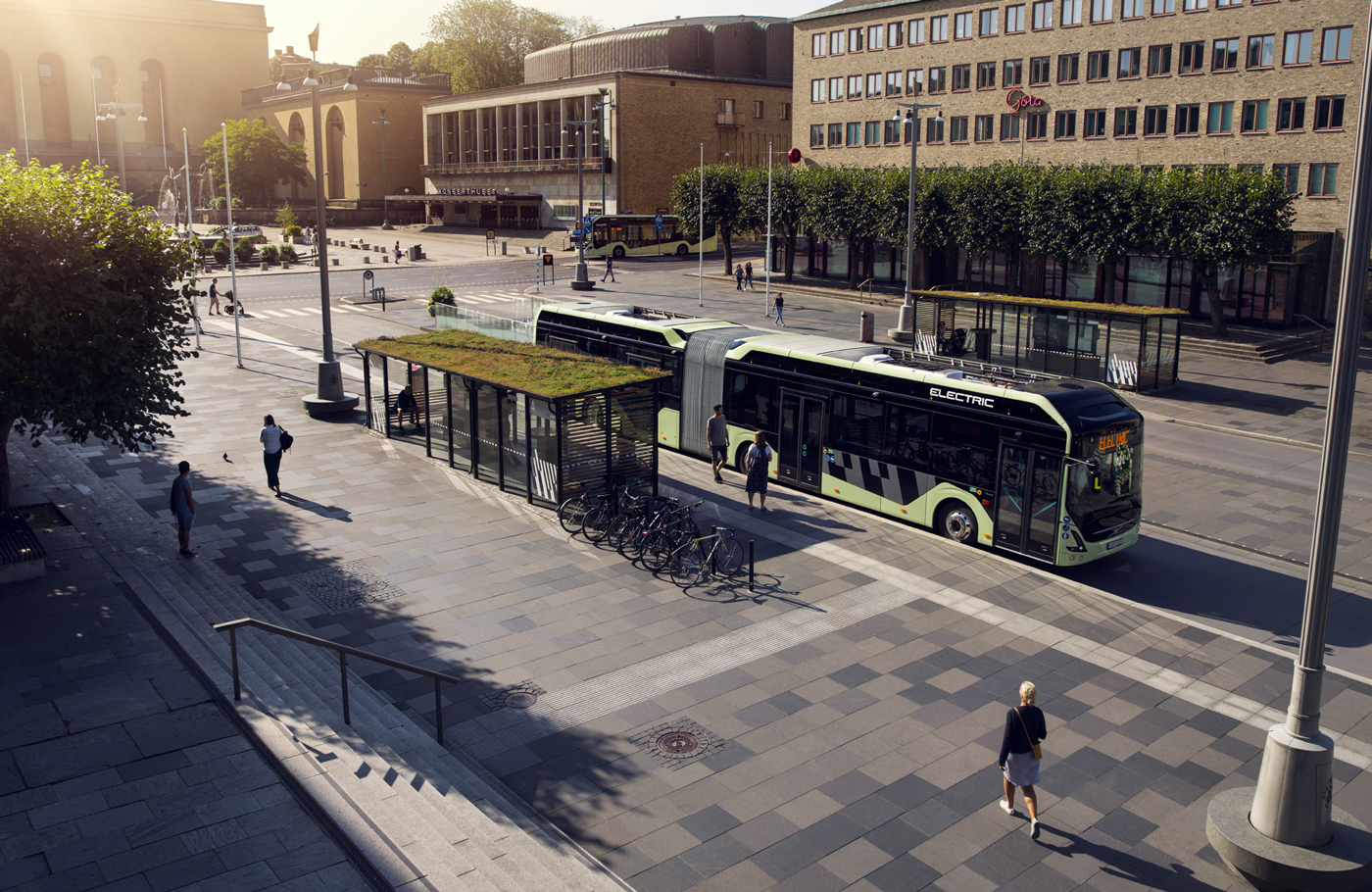
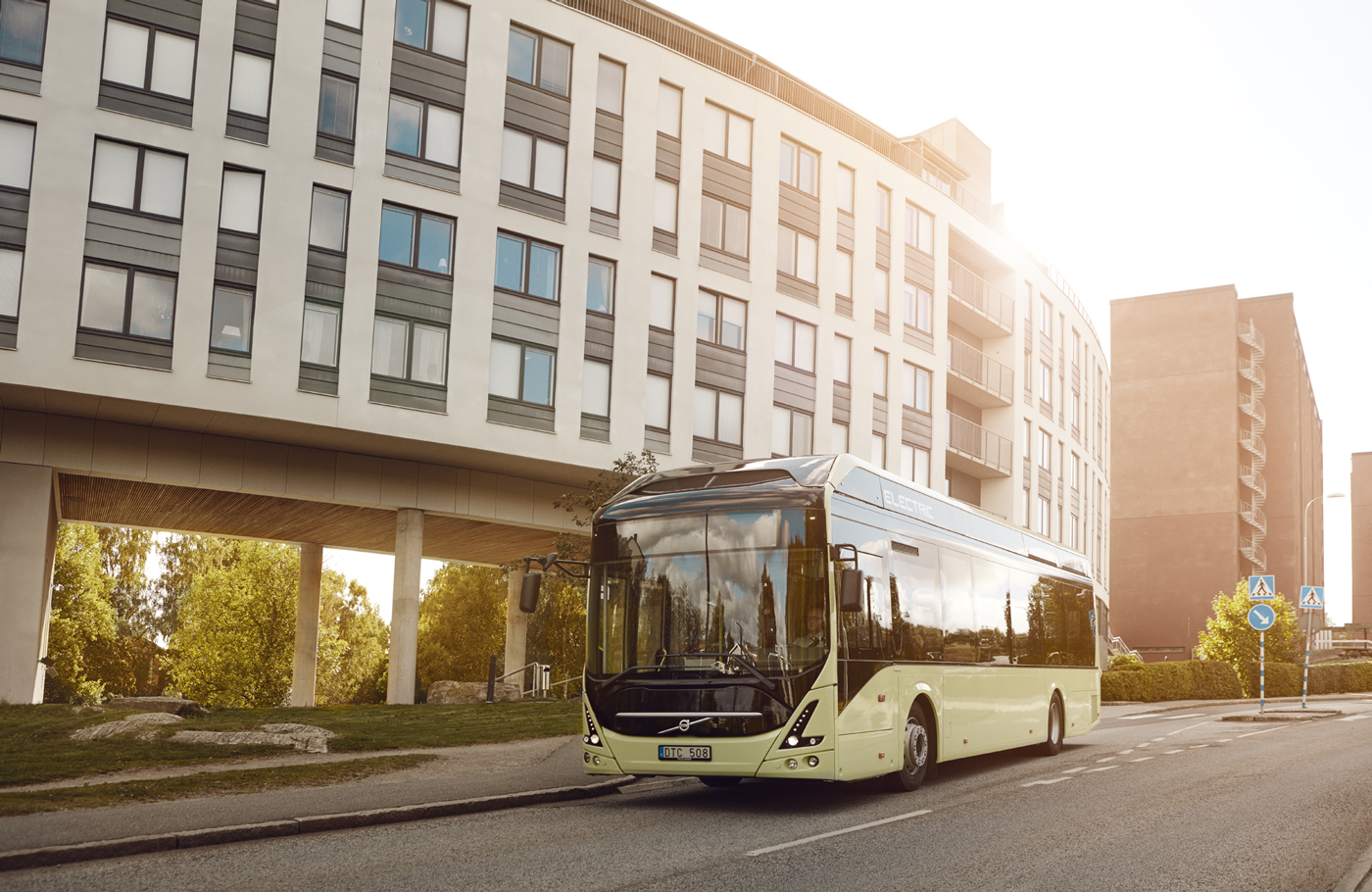
What are some of the unique challenges you face in promoting the adoption of electric buses, and how do you plan to address them?
If you are introducing electric buses you need to have a system perspective taking into consideration charging strategy, grid capacity, specific operational requirements, climate, the route on which electric buses will operate, energy consumption, and many other aspects. This is a discussion we have with our customers so that together we can create an efficient and sustainable transport system.
In what ways does Volvo Buses support the development of infrastructure necessary for the widespread adoption of electric buses, such as charging stations and grid integration?
We have the experience and competence, and we are working together with partners that provide charging infrastructure and equipment. This, coupled with our widespread experience in implementing electric bus systems, enables us to provide a complete solution to our customers.
When an electric vehicle catches on fire, it’s always front page news. Do you think the current generation of electric vehicles are as safe as it is ever going to be, or are we going to see safety improve even further in the future?
Fires have indeed become front page news. This is primarily because there has been a compromise somewhere when it comes to manufacturing. Our vehicles are extremely safe – we like to be ahead of the standards. Every day, we’re doing something new, but as things currently stand our buses are safe. Of course, there is so much more that we will learn.
I see Germany is thinking of dropping e-bus subsidies. What is your opinion on subsidies? Are they happening within your area, and how important are they to the future success of e-buses?
I believe subsidies and incentives play an important role as an enabler for the adoption of new and greener technologies. Apart from increasing the adoption rate and reducing the initial capex burden on the early adopters, subsidies also enable the development of the ecosystem required to operate and maintain e-buses. Currently, we do not see subsidies being offered specifically for e-buses in our region’s key markets.
It seems as though gas-powered buses are losing popularity in Europe. Do they have a future?
We don’t believe in gas power; we don’t make gas buses – some reports even say that Euro 6 is better than gas.
Hydrogen buses appear to be gaining in popularity in Europe. Is this something you will focus on in future?
I think they will be a good solution for heavy loads and long-distance operations, but they’re extremely expensive at the moment; we need bridging vehicles until they become more affordable. I believe electric will be best for cities, while fuel cells will eventually be used for long distances.
How does Volvo Buses collaborate with local governments, municipalities, and transport authorities in the MEAC region to address mobility challenges and promote sustainable transport solutions?
We like to understand the needs and plans, and then we contribute as much as we can to help them. We put them in communication with cities with similar challenges. We are able to help with examples and help people share and learn from each other. That is the benefit of a global organisation.
Could you share some insights into Volvo Buses’ efforts to enhance the passenger experience in the MEAC region, perhaps through technology or service innovations?
If we talk about coaches, it’s about comfort and how safe they feel in the bus; it’s about driver aids that we’re introducing; in the city, it is going to become more and more about convenience (when does the bus arrive and when does it reach its destination?), as well as the proximity of bus stops to workplaces.
We are also looking to enhance the information we provide to passengers. If a bus is passing by a particular monument, for instance, that information can be displayed on multiple user screens for tourists. Seats and layouts are very standard, but we’re constantly striving to improve those too.
The driver is the most important person in the bus and we’re doing a lot of work when it comes to their convenience and comfort. We cannot overload them with information; they cannot look at multiple monitors. We are working on a number of areas like that.
What are you working on when it comes to autonomous technology? Is there a future for this tech in your region?
Volvo is currently working with autonomous technology for various use cases, in closed environments and as driver support. For buses, we have specifically demonstrated technology which can be useful in depots. Such applications will definitely be helpful in our region and will support increased operational efficiency and faster turnaround times. Starting this spring, we will also run a test in real operations (in Sweden) with autonomous bus stop docking. In this case, we use the technology to support the driver and improve safety and comfort when docking at bus stops.
Has the bus and coach market recovered to pre-Covid levels in your region?
This is a vast and diverse region. We see activity, and the bus and coach segment has recovered in most of the region’s markets. Passenger movement continues to increase, and we are seeing increased demand as operators start to renew their fleets.
Safety is a significant concern in public transportation. I was reading about SaverOne’s driver distraction prevention system that you’re fitting in your buses in Mexico; it sounds great. Is that something that you’re considering rolling out to other markets in your region?
Volvo Buses offers a number of ADAS features to customers. Many of our customers have been using the lane departure warning system, pedestrian detection system, collision warning and avoidance systems, driver fatigue, alcohol lock, and so on in their coaches. The SaverOne driver distraction system is not yet offered, but customers can obviously choose to fit it if they so wish.
We are launching new and updated active safety systems that help bus drivers to drive safely and avoid situations that could result in accidents. The active safety systems include several features with a special focus on the protection of vulnerable road users such as cyclists and pedestrians. The safety systems exceed the new EU regulations, as well as the legal requirements of most countries outside the EU. Even though the new legal requirements are valid in the EU, Volvo Buses is introducing the new safety systems on a global level. The new active safety systems come as standard on electric and Euro 6 Volvo buses and coaches, but they will also be rolled out progressively in regions where Euro 3 and Euro 5 are the current standards.
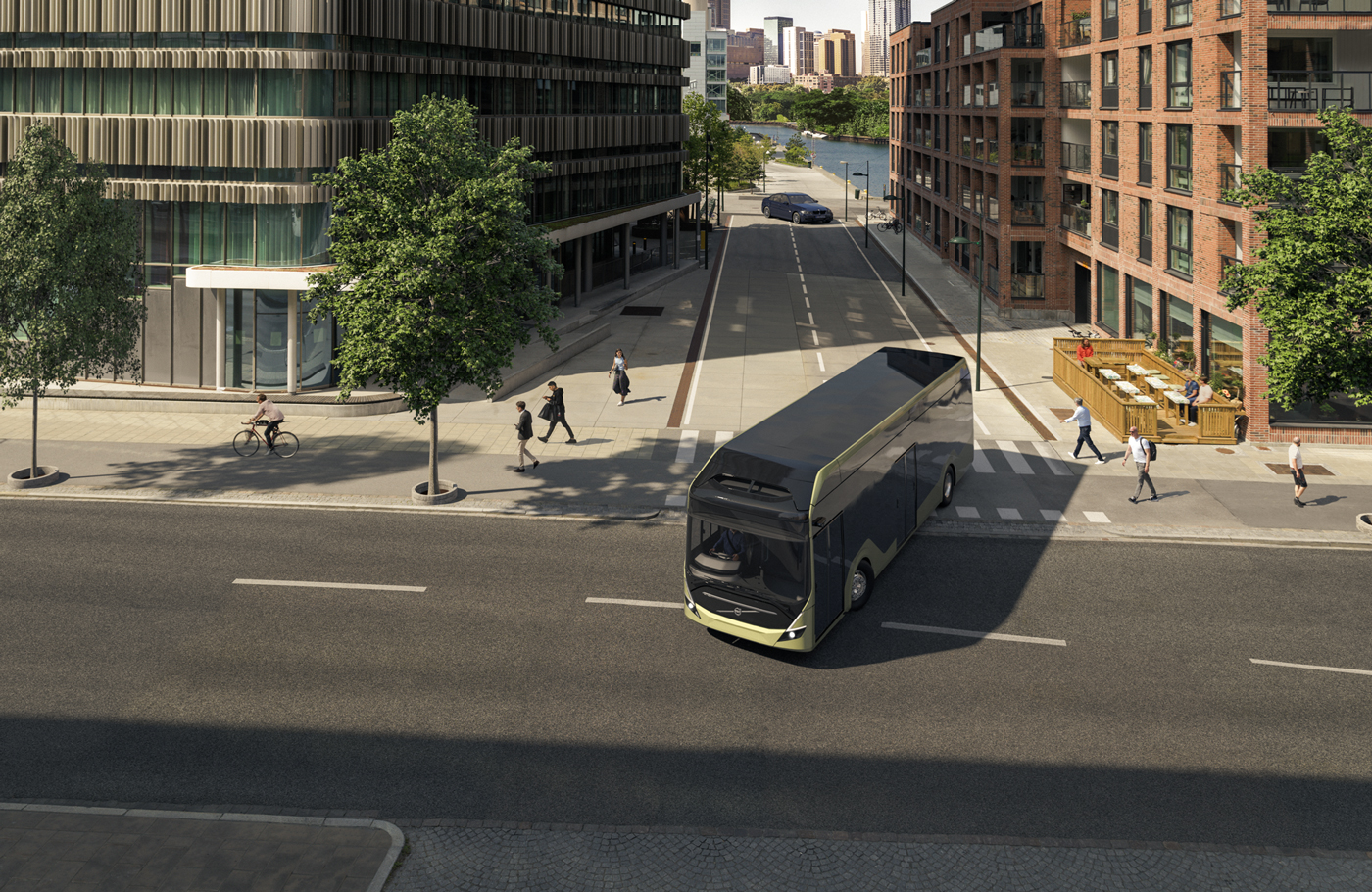
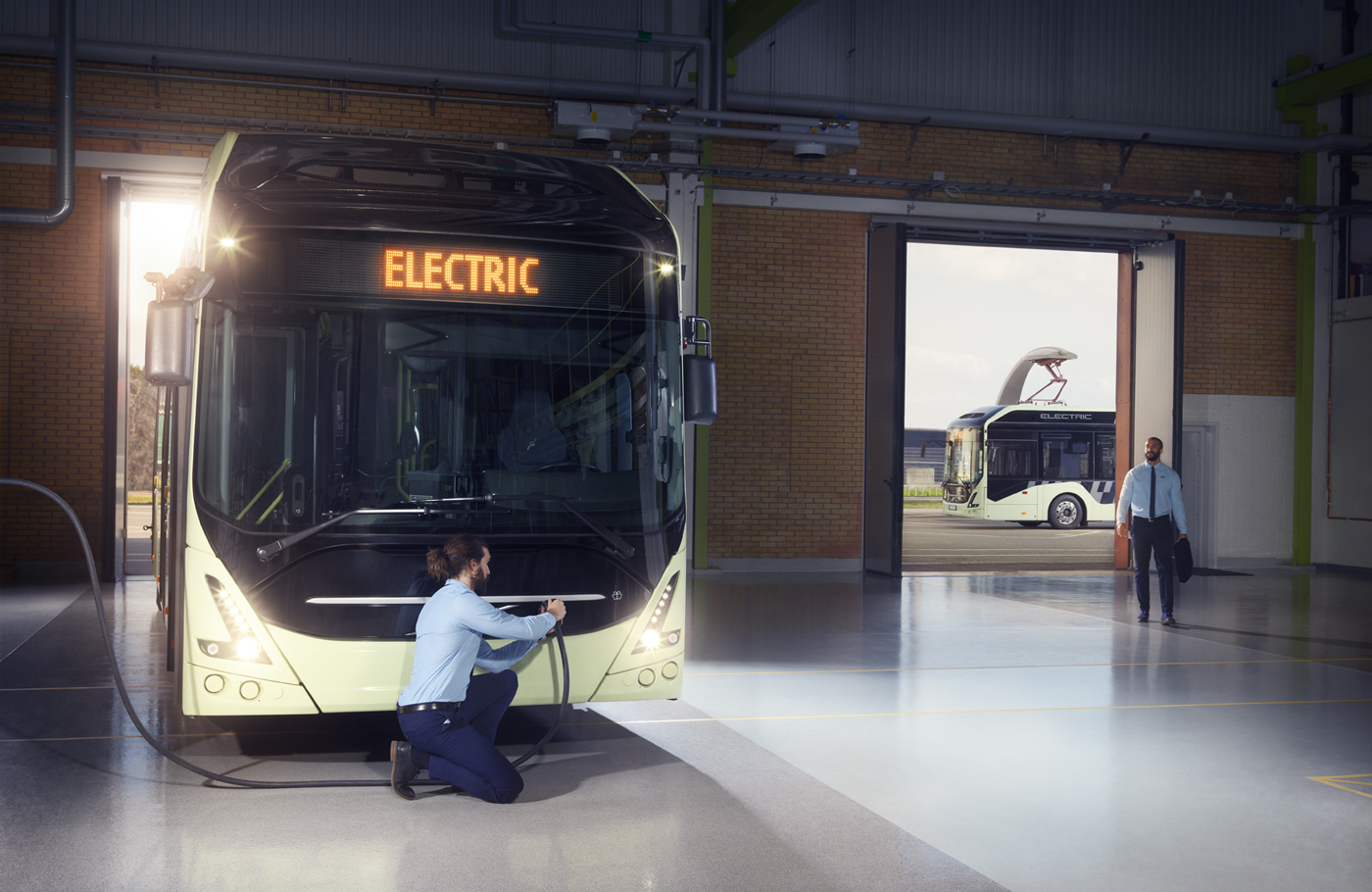
How does Volvo Buses ensure that its products and services remain competitive in the MEAC market, considering the presence of other global and local players?
Volvo bus customers are very discerning, and they focus on the total cost of ownership (TCO) rather than just the initial investment. Over the past years, Volvo has proven to be a strong partner by offering an industry-leading TCO for our products.
Our products are characterised by high reliability and uptime, as well as an extensive network of service centres coupled with high parts availability and skilled technicians. This is evident in the significant number of fleets that predominantly consist of Volvo buses. Additionally, we are continuously innovating on our product and solutions offering: optimising costs, improving fuel efficiency, and expanding our network, amongst other aspects, to further enhance the performance on TCO so as to support our customers and continue to build on the strong preference for Volvo buses.
How do you perceive the future of public transportation, especially in the context of urbanisation and sustainability?
As you know, Africa is urbanising very rapidly. The biggest cities are soon going to be in Africa. We need to ensure that all the stakeholders are developing their competence. If this doesn’t happen, we are going to see inefficiencies and a loss of resources. We are more than happy to work with cities and share our knowledge with them, including our experiences in other cities. Plus, we are willing to help with financing.
In terms of sustainability, there is a lot of awareness and knowledge: people are starting to understand and appreciate it. There is a different definition of sustainability depending on which country you’re talking about – it’s not one size fits all. Some cities want to combine BRT and electric, but they’re both very complex, so it’s better to do one at a time. You need to bite off only as much as you can chew. We can be ambitious, but keep in mind the objective is to move people from cars and into buses, so the whole system has to be really efficient. You can keep on building more roads and building more cars… but that’s not ideal; a mindset change needs to come from the authorities.
What role do you see Volvo Buses playing in the transition to more sustainable and efficient mobility systems in your region?
Sustainability, like efficiency, is a continuous journey. At Volvo Buses, we have been partnering with cities and organisations embarking on this journey, and we have been sharing our knowledge and experience. We also connect cities and operators with those who have already undertaken the journey, so that they can benefit from these experiences and speed up their actions, rather than trying to reinvent the wheel. From our standpoint, it is also important to have a broader perspective on sustainability, looking at the impact through the full value chain, including sustainable sourcing and manufacturing.
What role do you see Volvo Buses playing in shaping the future of urban mobility and smart cities in the MEAC region, particularly concerning digitalisation and connectivity?
Volvo is an important stakeholder in shaping the future of urban mobility and contributing to the development of smart cities. We work in partnership with key customers in the region, and the connectivity and digitalisation solutions offered by Volvo Buses are rated as world-class. These have been highly appreciated by the customers and have helped to improve efficiency in their operations.
Finally, looking ahead, what are your aspirations for Volvo Buses’ growth and impact in the MEAC region, and what strategies are in place to achieve these goals?
In MEAC, we are driven by the objective to move more and more people from their cars into buses, with a focus on decongesting roads. We want to do our bit when it comes to shaping the world in which we want to live.
Published by
Charleen Clarke
focusmagsa

